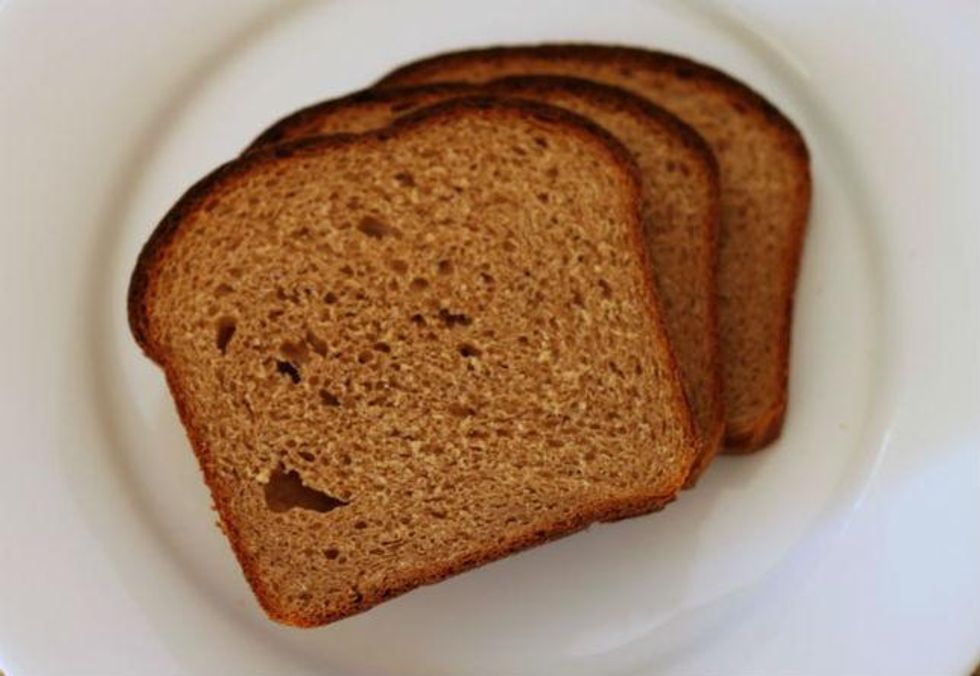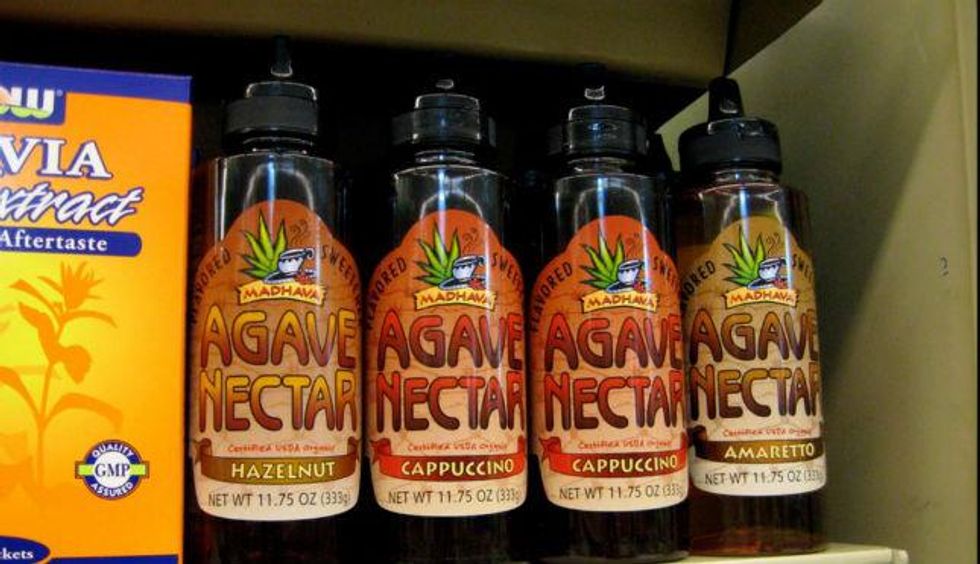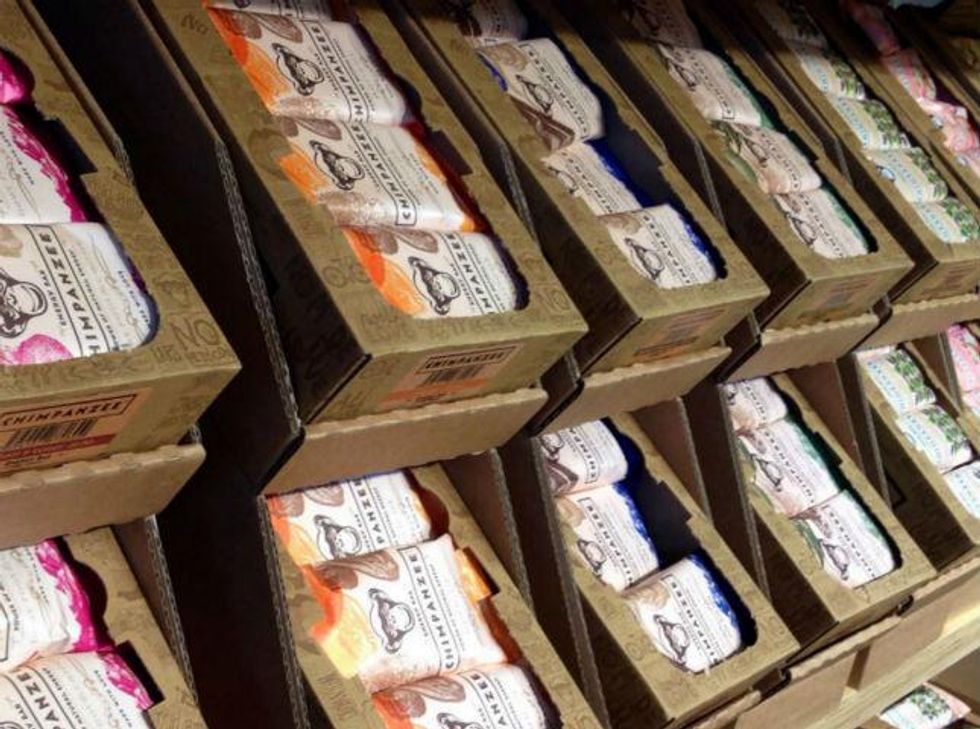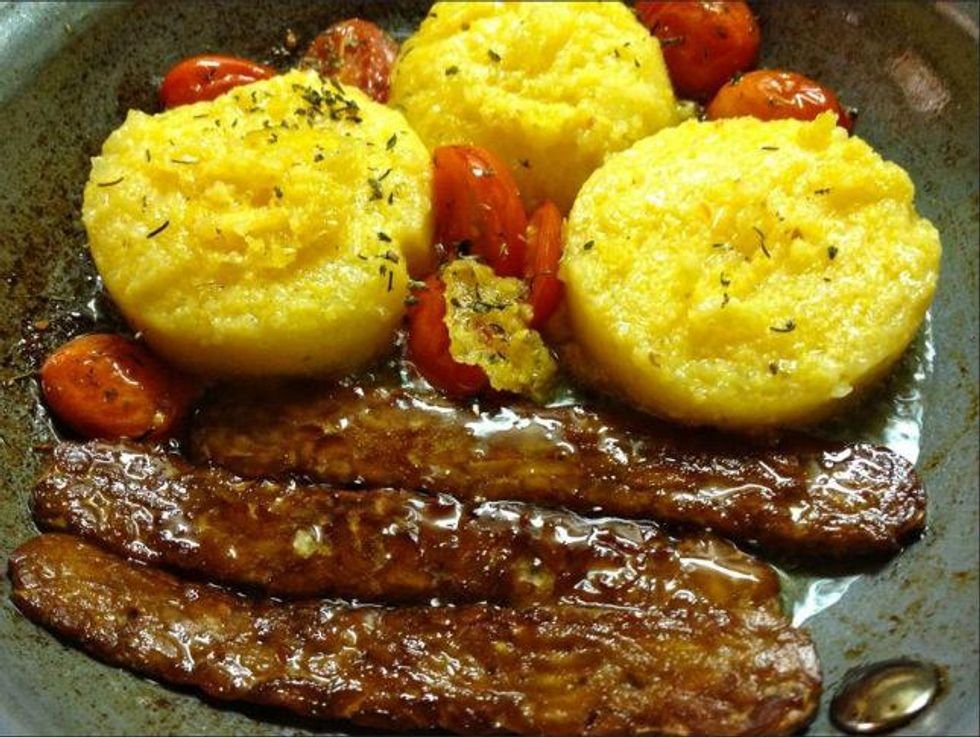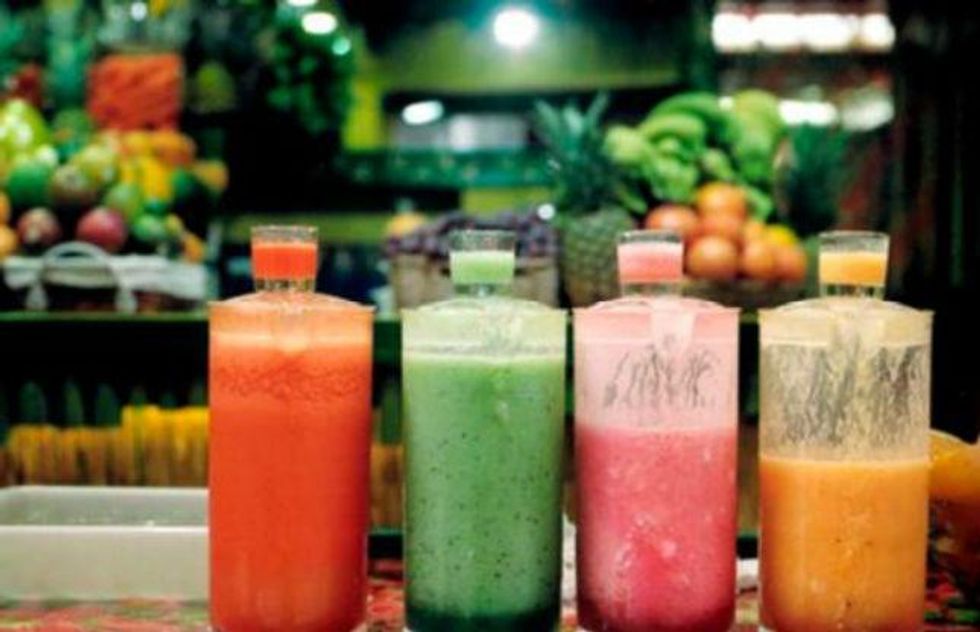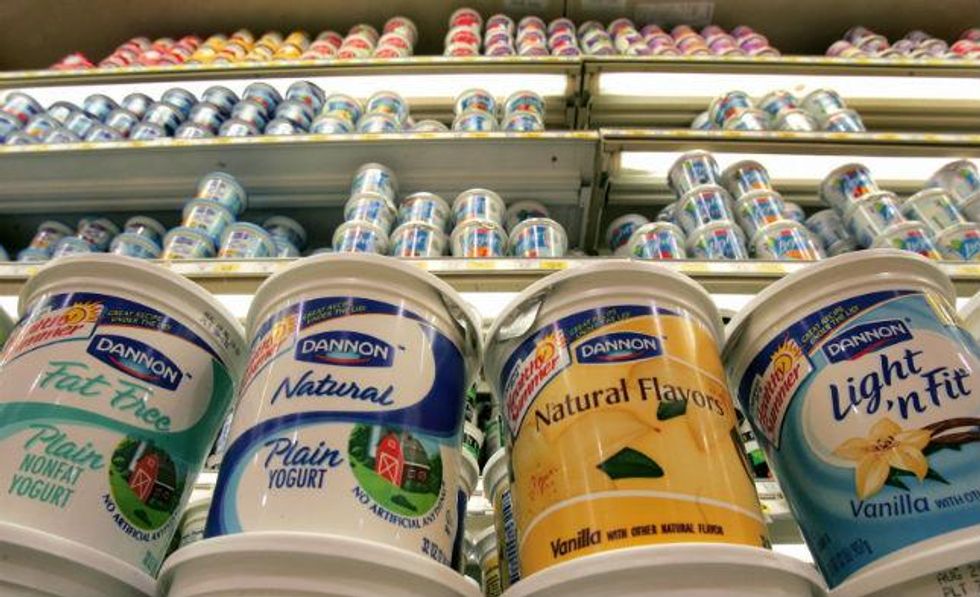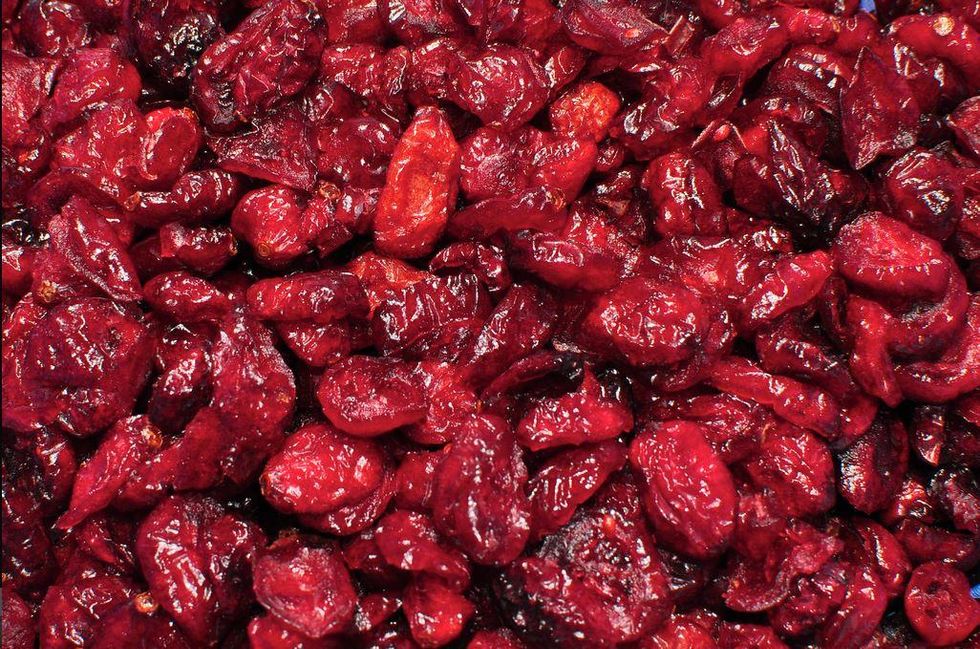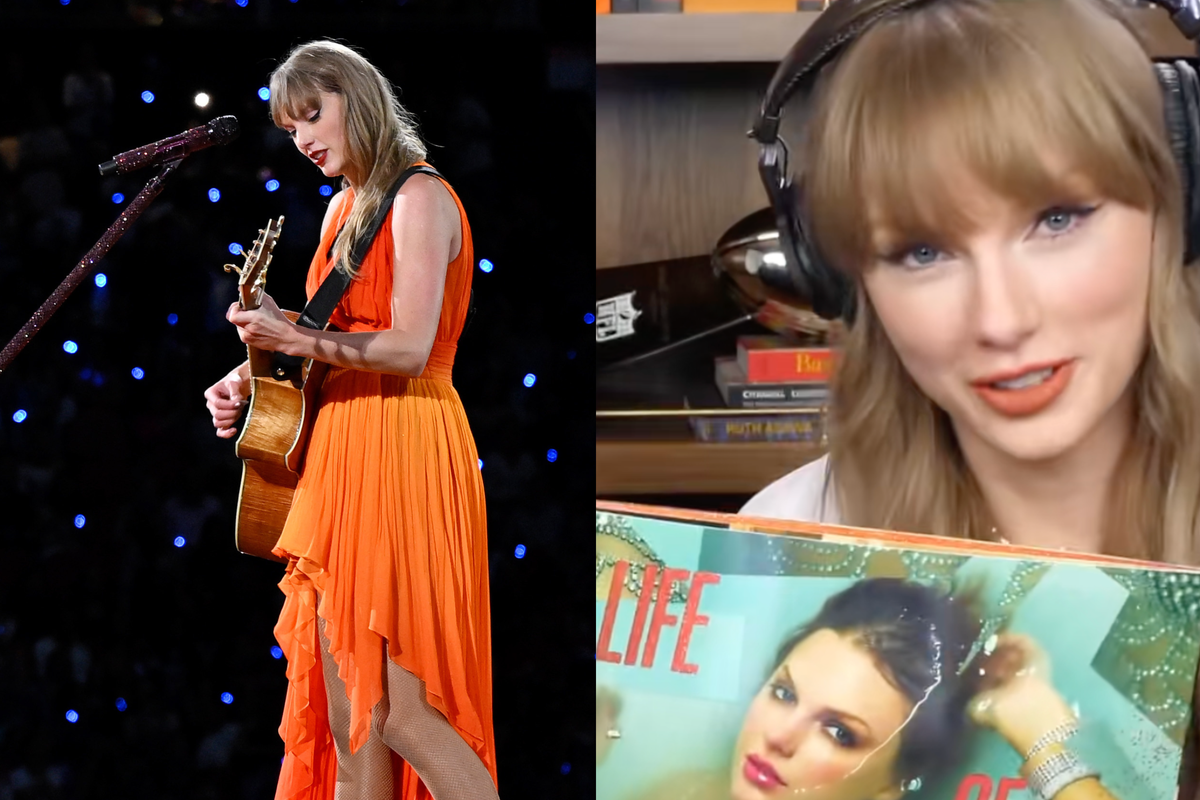News
Narjas Zatat
Apr 20, 2016
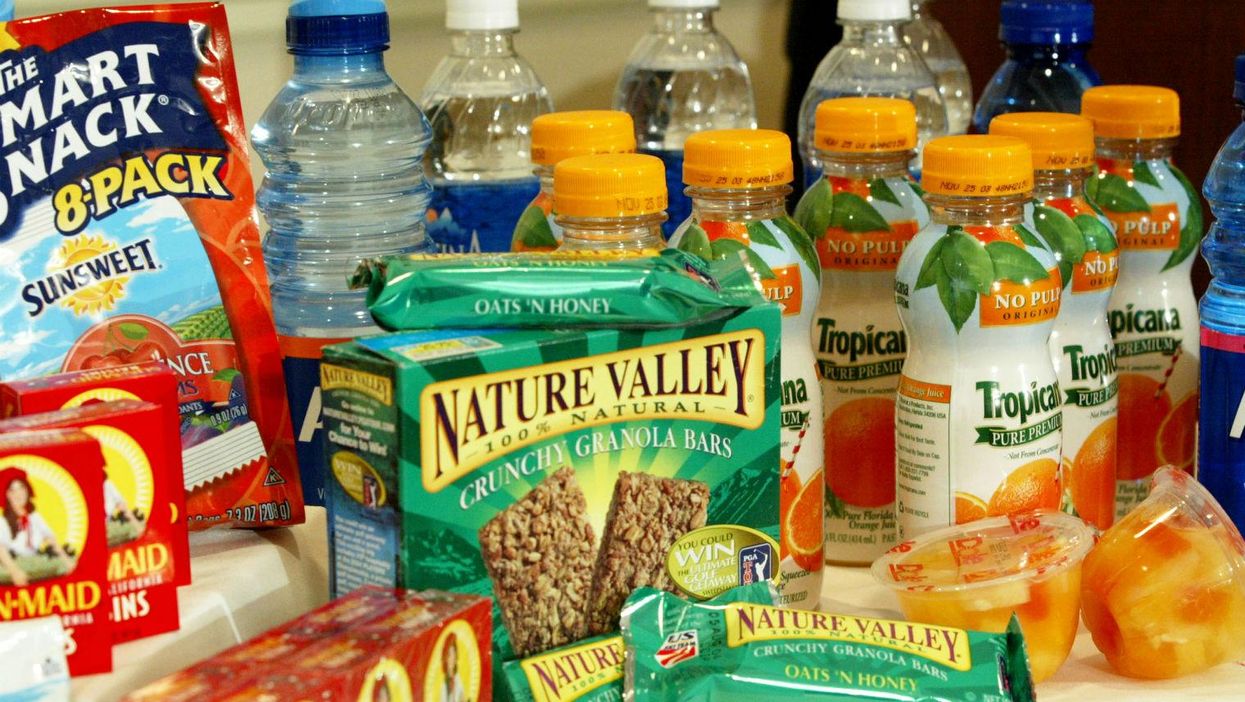
Photo: Alex Wong / Staff/Getty
We’ve become saturated with fad diets and pseudo-science - helped along by Instagram trendsetters who are not necessarily that well-versed in nutrition.
Most people will read certain buzzwords on food labels; “gluten” “vegan” “low-fat” “organic” and assume it’s healthy. And then consume far, far too much.
Now, while most things in moderation won’t do a massive amount of harm, the following list is dangerous because it’s filled with food often seen as the Can-Do-No-Wrong:
1. "Whole" wheat
Studies show that this so-called “healthy” way of eating bread may actually cause inflammation and increased cholesterol levels, in comparison to whole wheat from the 1960s, which had been processed differently.
2. Agave nectar
This plant-derived syrup came about as a more interesting sugar-alternative to honey. It’s sweeter than traditional sugar so the theory is you need use less when you add it to your coffee, or tea, or cake batter. Point is, it’s still added sugar, meaning there’s no actual health benefit.
3. Energy bars and Muesli
While they may be suitable as a pre-or post-workout snack, energy bars are not good for the average person as they are usually high in sugar and calories.
Sari Greaves, nutrition director for Step Ahead Weight loss Center says:
They can be packed with enriched white flower, high fructose corn syrups and other sweeteners. If you eat them in addition to meals, that’s an extra 300 to 400 calories in your day.
4. Vegan “bacon”
This meat- substitute, marketed for vegans is being sold everywhere for those who still love the taste of bacon even if their conscience won’t allow them to indulge in it.
The problem is, it tends to be highly processed, and will very likely contain added salt, sugar and fat.
5. Fruit smoothies
People assume that fruit smoothies are great because they’re made with only, well, fruit.
But bananas, strawberries, raspberries… still contain sugar – a lot of it.
Thomas Campbell, MD also points out that drinking a meal rather than eating solid food can actually make you eat more.
Use your mouth and your teeth as nature intended.
6. Low fat yoghurt
See what they do? Trick you by putting “low fat” in the title.
While they may be low in fat they more than make up for it with the high added sugar content.
Many of these also don’t have probiotic bacteria, which are beneficial for your digestive system, and instead they can be pasteurised after fermentation, which kills all the “good” bacteria.
7. Dried cranberries
These ruby nuggets usually contain a significantly large amount of added sugar, and only small amounts of vitamins.
Since they're small, people tend to consume them in large quantities.
In all fairness, the best way to remain healthy rather than following the Most! Healthiest! Food! trends permeating social media, is just eat a nice balanced diet.
Really not rocket science.
HT: authoritynutrition and nutritionstudies
More: This chef tricked food experts into eating McDonald's
More: These are the British foods that Americans find disgusting
Top 100
The Conversation (0)
